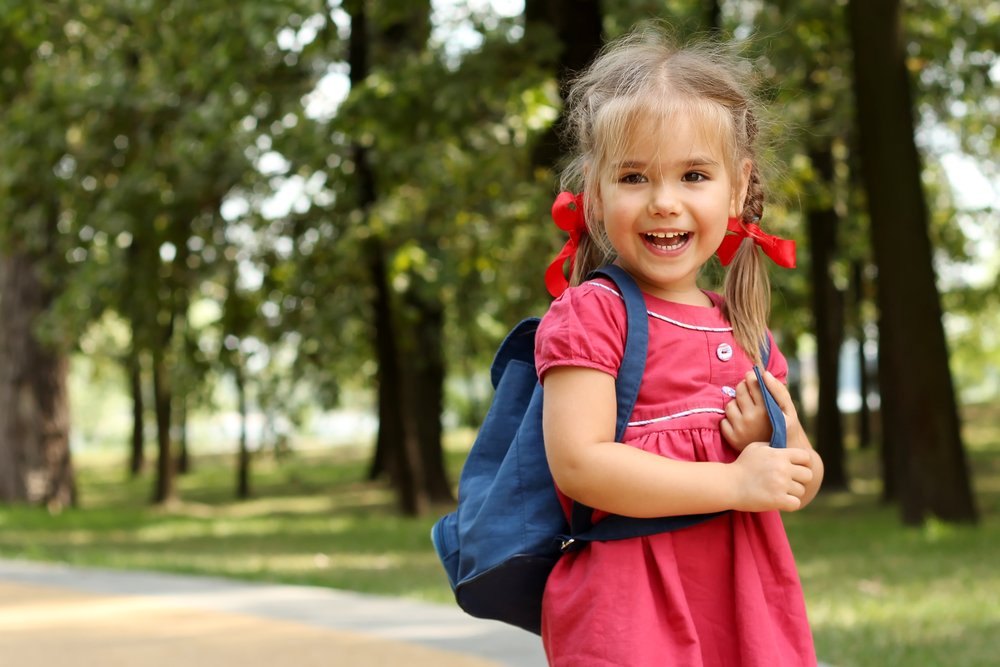 Source: bing.com
Source: bing.comYour little one is now 3 years old and you might be wondering what to expect when it comes to their social development. At this age, they are growing and changing rapidly, including in their ability to interact with others. In this article, we’ll explore the milestones and developmental stages that are typical for 3-year-old children and give you tips on how to support their social growth.
Table of Contents
Social Milestones for 3-Year-Olds
Three-year-olds are becoming more social and starting to understand how to interact with others. They have an increased desire for independence and may start to resist your help. Here are some common social milestones to look out for:
- Playing alongside other children, but not necessarily with them
- Sharing toys and taking turns
- Using gestures and facial expressions to communicate
- Engaging in imaginative play, such as pretending to be a doctor or a superhero
- Starting to understand the concept of friendship
How to Support Your Child’s Social Development
There are many ways you can encourage your child’s social growth. Here are a few tips:
- Provide opportunities for your child to play with others their age. This could be through playdates, preschool, or organized activities.
- Model positive social behavior, such as sharing and taking turns.
- Encourage your child to express their emotions and feelings.
- Teach your child about empathy by talking about how others might feel in certain situations.
- Praise your child for positive social behaviors, such as making a new friend or sharing a toy.
What If Your Child Seems Behind?
Every child develops at their own pace, so if your child seems to be behind in their social development, don’t panic. Here are a few things to keep in mind:
- Check with your child’s pediatrician to make sure there are no underlying medical issues.
- Consider having your child evaluated by a speech-language pathologist, occupational therapist, or behavior specialist if you have concerns about their social development.
- Keep in mind that some children may be shy or introverted, which can impact their social development.
- Continue to provide opportunities for social interaction and encourage positive behaviors.
The Importance of Social Development
Social development is crucial for all children, as it lays the foundation for healthy relationships and communication skills later in life. By supporting your child’s social growth, you are helping them build the skills they need to navigate social situations, make friends, and form meaningful connections. Remember to be patient and provide plenty of opportunities for your child to practice their social skills.
Frequently Asked Questions
- What are some signs that my child is socially advanced for their age?
Some signs that your child may be advanced in their social development include a strong desire to interact with others, the ability to communicate their needs and feelings effectively, and a willingness to share and take turns. - What if my child seems to prefer playing alone?
Some children are naturally more introverted and may prefer to spend time alone. This is not necessarily a cause for concern, but you may want to encourage your child to participate in social activities and provide opportunities for them to interact with others. - What should I do if my child is aggressive or has difficulty sharing?
Aggression and difficulty sharing are common at this age, but it’s important to address these behaviors early on. Encourage positive behaviors and provide consequences for negative behaviors, such as a time-out or loss of privileges. - How can I help my child make friends?
Encourage your child to participate in activities that interest them and provide opportunities for them to interact with others. Teach your child about empathy and encourage positive social behaviors. - What if my child is not speaking yet?
If your child is not speaking yet, it’s important to have them evaluated by a speech-language pathologist. They may be able to provide therapy to help your child develop their communication skills.
